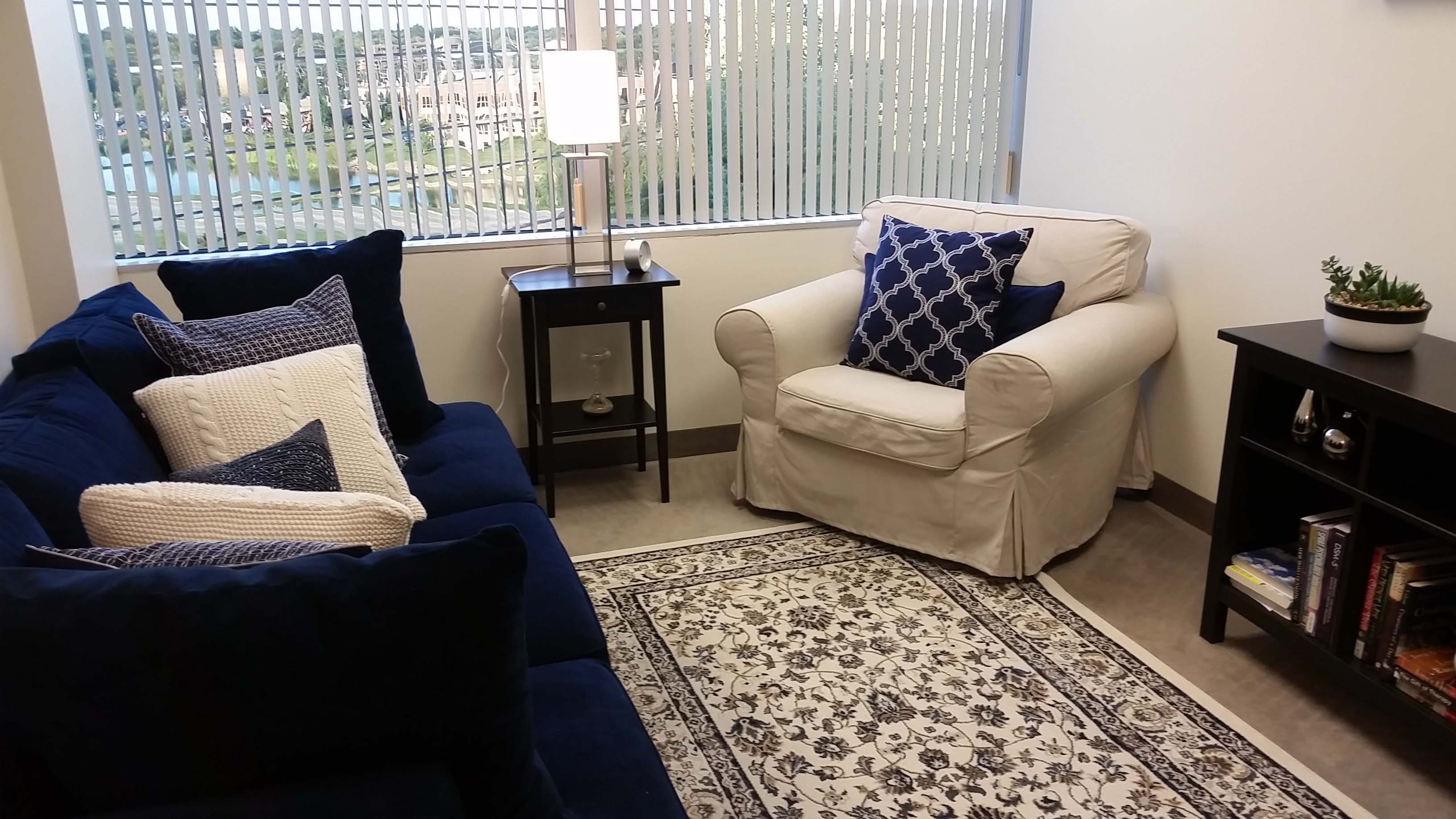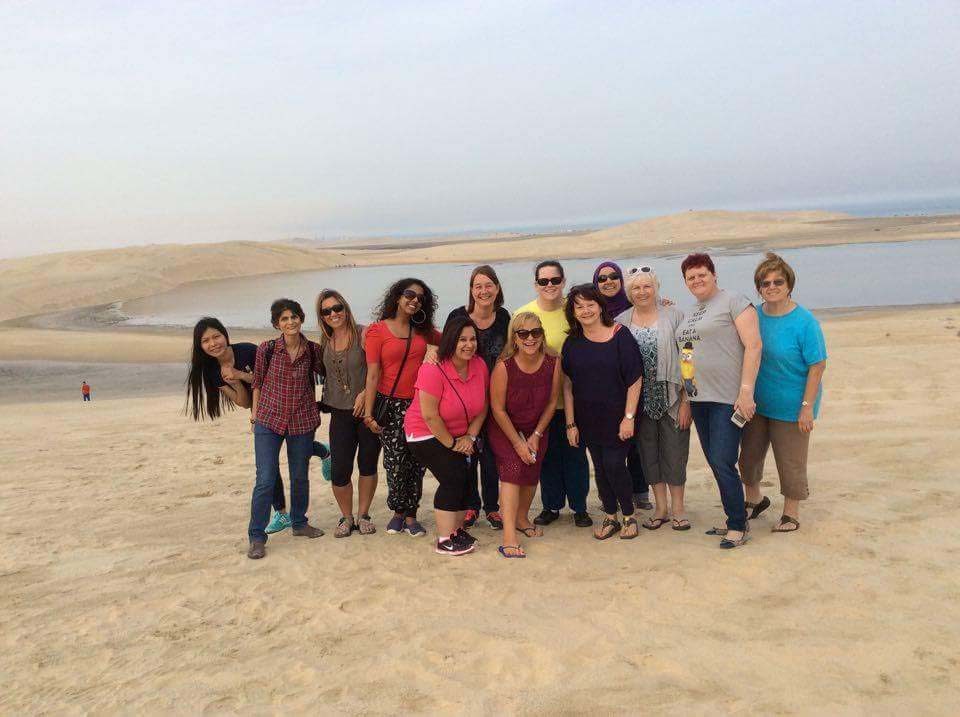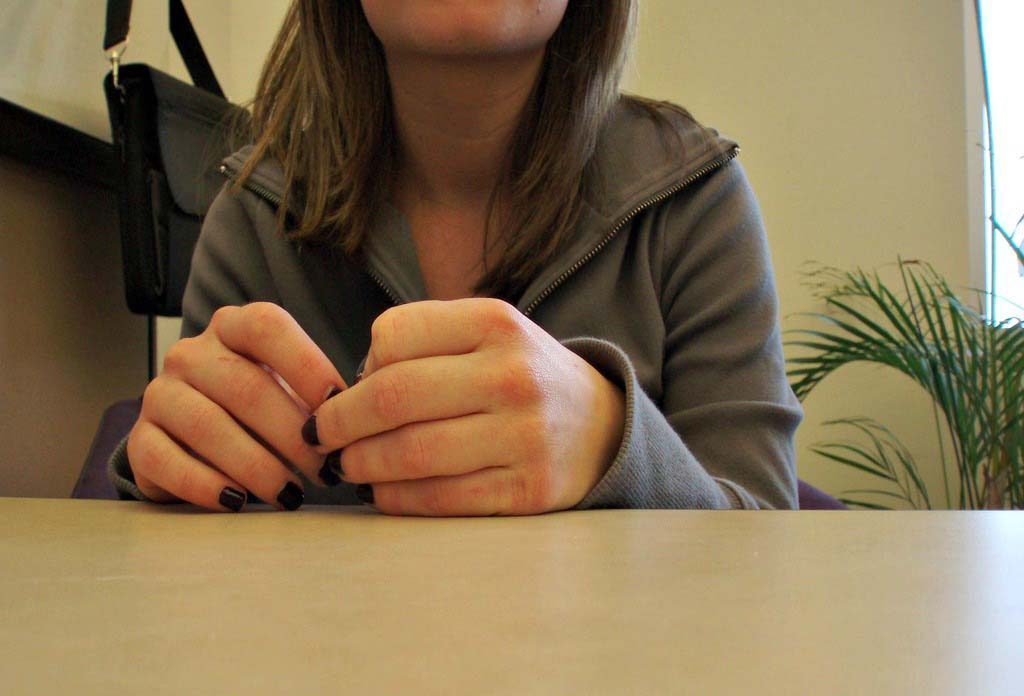
People in Qatar who are struggling with depression and are unsure of where to turn now have a new resource – online counseling.
The service was recently launched by a former Qatar expat who believes people should have a chance to talk out their problems, instead of just being prescribed medication.
Recalling his time in Doha, Sam Nabil, a sports marketing manager turned professional therapist, said he was not impressed with the mental health care he received.

“They just throw pills at you.They say, ‘take this, and you’ll be fine,’ ” he told Doha News.
Mental illnesses such as depression are a growing problem in Qatar, and authorities have been working to address it. Public awareness campaigns have tried to reduce the stigma of seeking help.
And a recently enacted mental health law mandates high standards of treatment for mentally ill patients in Qatar.
But there is no widespread availability of psychiatrists and licensed counselors, a shortage that can be problematic for those with mental health issues.
Online counseling
Nabil lived in Qatar for nine years, before moving in 2012 to Cincinnati in the US, where he trained as a mental health counselor.
“I have always had a keen interest in counseling and supporting people. It just became apparent that that was something I wanted to do,” he said.
After graduation, he set up his own practice, Sam Nabil Counseling Services.

Finding success in his new hometown, Nabil decided to expand the firm’s services to expats in Doha, which he described as his “second home.”
Sessions are now being offered via a secure video conferencing portal. They includes one-on-one consultations for life coaching, couples counseling and individual counseling, from thousands of miles away.
“My team can capitalize on the time difference between Cincinnati and Doha” Nabil said. “By the time Doha residents are relaxing at home after work, we are in the middle of our working day and happy to see them.”
Nabil added however that the service is only for those suffering from mild depression, and not for people who might be having suicidal thoughts or for those struggling with substance abuse.
“It would be unethical for me to work with you then,” he said. “You would need constant monitoring.”
‘A different context’
Video conferencing has obvious downsides. Body language can be harder to gauge, for example, and varying internet speeds can cause connectivity issues.
But Nabil said many people in Qatar could benefit from his help.

Psychiatrists have previously pointed out that expat life puts unique pressures on individuals and couples, which can result in anxiety, depression, disputes and divorce.
“Expats don’t have different problems from other people per se, but the context is quite different,” Nabil said. ” Particularly for western expats, it’s a more alien environment. I feel that’s a big part of it.”
Pressure on marriages
Nabil also told Doha News that in his experience, the biggest pressures on expat marriages are lengthy working hours and the issues surrounding being a so-called “trailing spouse.”

“In Italy, for example, you’d enjoy travel, learn how to cook local food, etc.” he said. “But in Qatar and the GCC in general, the main focus is making as much money as possible and then leaving. So you work extra hard.”
This means, he added, that a non-working spouse may find themselves eating dinner at home alone every night and only really seeing their partner during the weekend.
This feeling is made worse if you had previously contributed financially to the partnership, because it “messes up the equitable dynamic,” he said.
Self-help groups
In Qatar, a number of groups have popped up to provide informal support to those who might feel embarrassed to seek help and residents who feel they don’t need professional attention.
Many expats feeling low or lost in Qatar opt to join social groups, organized around a particular craft, sport or skill, nationality, faith or profession.

One of these is a Facebook page called Qatar Expat Women (QEW), which aims to help women settle into Doha life.
Its founder, Carole Astin, a British expat, battled depression and anxiety after packing up her life in Yorkshire.
Speaking to Doha News last year, one of her group’s members, Clare Jerdan, an Australian expat, explained how she had felt after her move to Qatar:
“In my country, I was defined by what I did. The transition to just being me as a human being (to) a trailing spouse was very confronting. I scrambled around trying to connect with all sorts of groups, ladies, professionals. I felt completely lost and exposed.”
Where to go to get help
If you or someone you know is in need of psychiatric care in Doha, here is a guide to accessing Hamad Medical Corp.’s Mental Health services.

The guide says that residents can either be referred by any accredited healthcare professional. They can also self-refer by visiting the Psychiatry Department in person.
In times of emergency, it’s also possible to receive an immediate referral by visiting a HMC ER department.
For those who wish to try online counseling, Nabil’s company charges $300 (QR1,092) per 50-minute session to talk to a qualified, US-registered therapist.
While this is a large sum of money for most expats, the fee is comparable to the cost of private psychiatric care in Qatar, Nabil said.
Thoughts?







